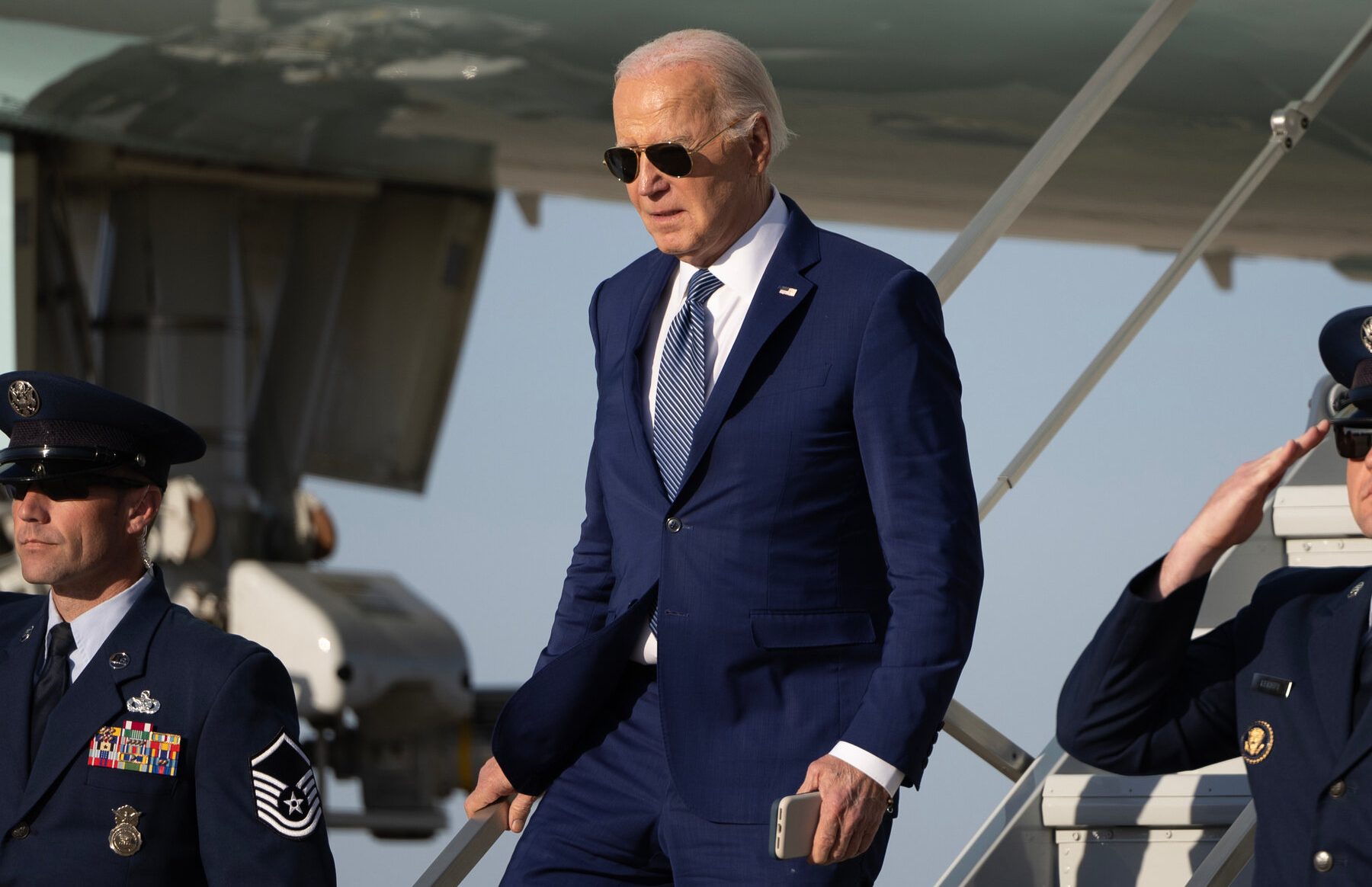After months of congressional gridlock, the United States finally passed a significant $95.3 billion aid package aimed at supporting Ukraine, Israel, and Taiwan. The legislation represents a crucial aspect of President Biden’s foreign policy, particularly in light of Russia’s military assault on Ukraine. The bipartisan support demonstrated in the Senate’s overwhelming 79-to-18 vote reflects a reassertion of U.S. commitment to its allies, amidst concerns both domestically and internationally about wavering support.
President Biden emphasized the core values guiding U.S. foreign policy, stating unequivocally, “We stand resolutely for democracy and freedom, and against tyranny and oppression.” This sentiment underscores the moral imperative behind the aid package and the broader geopolitical stance of the United States. Despite partisan divisions and political hurdles, the passage of this legislation marks a significant legislative achievement for the Biden administration.

U.S. Senate Passes $95.3 Billion Aid Package, Affirming Support for Ukraine, Israel, and Taiwan (Credits: Boston)
The delayed approval of the aid package has raised concerns about the impact on Ukraine’s ability to defend itself against Russian aggression. The White House acknowledged that the prolonged gridlock had put Ukraine at a disadvantage, allowing Russia to make territorial gains. John F. Kirby, a spokesman for the National Security Council, highlighted the tangible consequences of the delay, noting the ground Russia had gained against Ukrainian defenses.
With the Senate’s approval secured, President Biden announced his intention to promptly sign the bill into law and initiate the process of delivering weapons and equipment to Ukraine. This swift action aims to bolster Ukraine’s defense capabilities and reaffirm U.S. support in the face of external threats. By addressing the American people directly, Biden seeks to communicate the urgency of the situation and the administration’s commitment to standing by its allies.
In summary, the passage of the $95.3 billion aid package represents a significant milestone in U.S. foreign policy, particularly in the context of ongoing geopolitical challenges. The bipartisan support garnered in the Senate underscores the collective determination to uphold democratic values and support allies in the face of adversity. As President Biden prepares to sign the legislation into law, the focus shifts towards implementing swift and effective measures to bolster Ukraine’s defense capabilities and counter Russian aggression.























